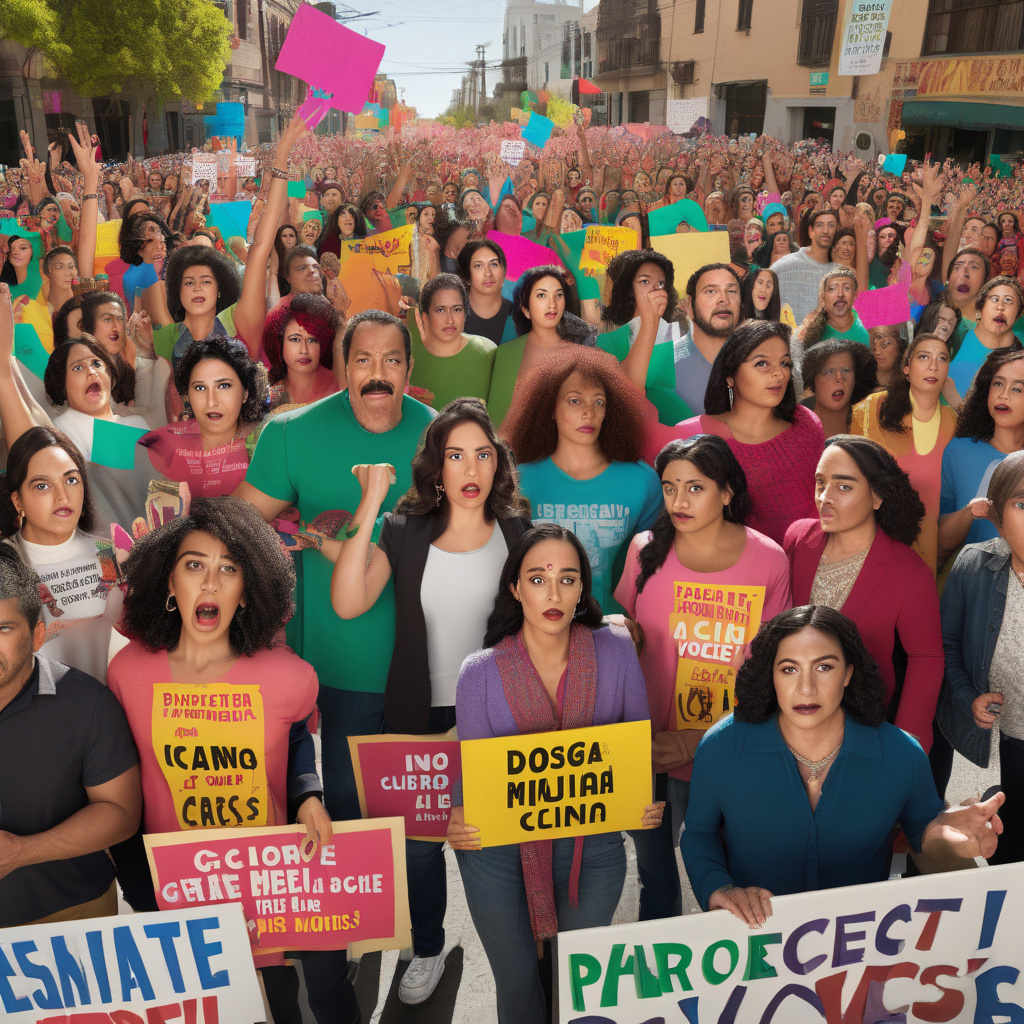The Impact of AI Voice Cloning on Mexican Voice Actors
Mexican voice actors have recently taken a stand against the rising threat of AI voice cloning technology. In a bold move, they have protested the use of artificial intelligence to clone their voices, citing concerns about unauthorized use and the potential loss of human-led dubbing jobs. This demand for legal protection highlights a growing issue in the entertainment industry, where advancements in technology are beginning to blur the lines between human talent and artificial intelligence.
Voice cloning technology has made significant strides in recent years, allowing companies to create synthetic voices that closely mimic the sound and intonation of real individuals. While this technology has opened up new possibilities for personalized customer experiences and voice assistants, it has also raised ethical questions regarding the use of someone’s voice without their consent.
For Mexican voice actors, the threat of AI voice cloning hits close to home. Many actors rely on their unique voices as a source of income, lending their talents to dubbing films, TV shows, and video games for Spanish-speaking audiences. The rise of AI voice cloning poses a direct challenge to their livelihoods, as companies could potentially use synthetic voices to replicate their performances without compensating them.
In addition to the financial implications, Mexican voice actors are also concerned about the quality of dubbing productions. While AI technology has made great strides in mimicking human speech patterns, it still lacks the emotional depth and nuance that only a real actor can provide. By advocating for legal protection against AI voice cloning, Mexican voice actors are not just fighting for their own rights but also for the preservation of quality in the entertainment industry.
The issue of AI voice cloning goes beyond the concerns of individual actors. It raises larger questions about the future of work in an increasingly automated world. As AI technology continues to advance, more industries will grapple with the challenge of balancing efficiency and human creativity. The case of Mexican voice actors serves as a poignant example of the ethical dilemmas that arise when technology outpaces regulation.
To address these concerns, policymakers must work closely with industry stakeholders to establish clear guidelines for the ethical use of AI voice cloning technology. By implementing regulations that protect the rights of voice actors and ensure fair compensation for their work, governments can help mitigate the negative impact of AI on the entertainment industry.
In conclusion, the protest by Mexican voice actors against AI voice cloning underscores the need for proactive regulation in the face of technological advancements. By safeguarding the rights of voice actors and preserving the integrity of human-led dubbing, we can ensure that the entertainment industry continues to thrive in a digital age.
Mexican, voice actors, AI, regulation, cloning threat
